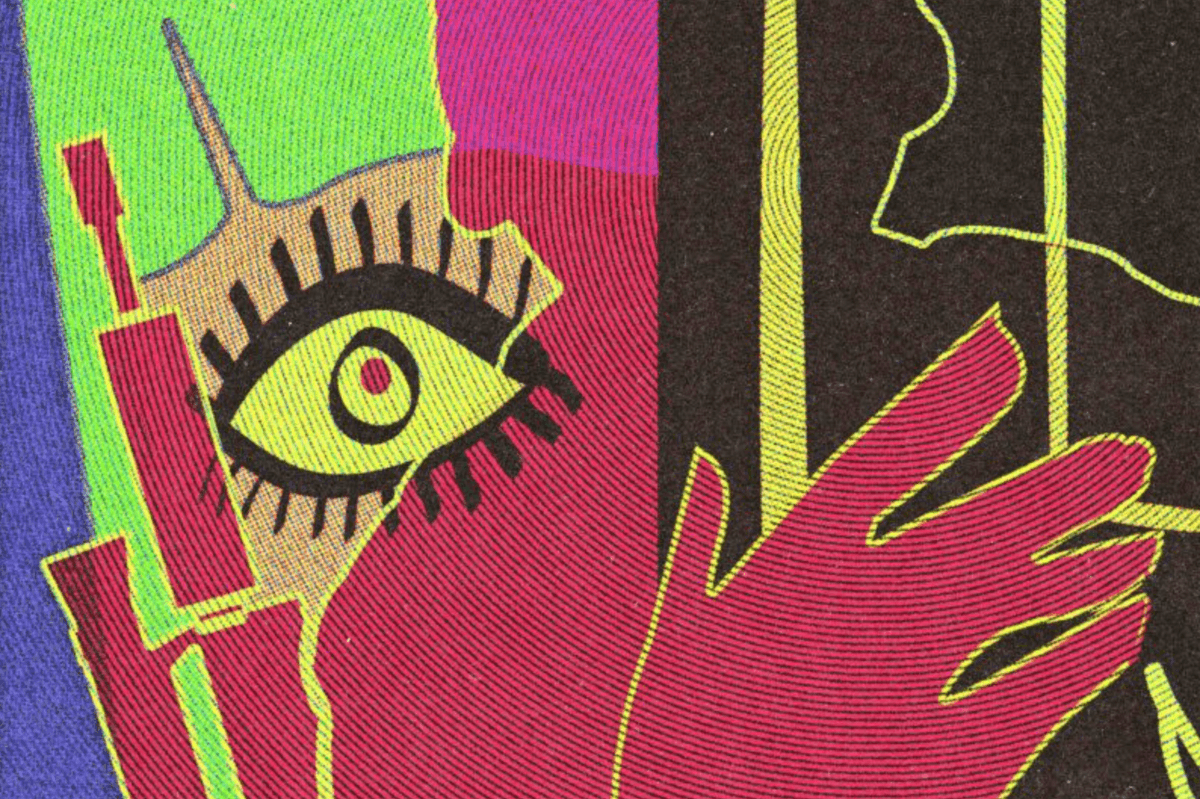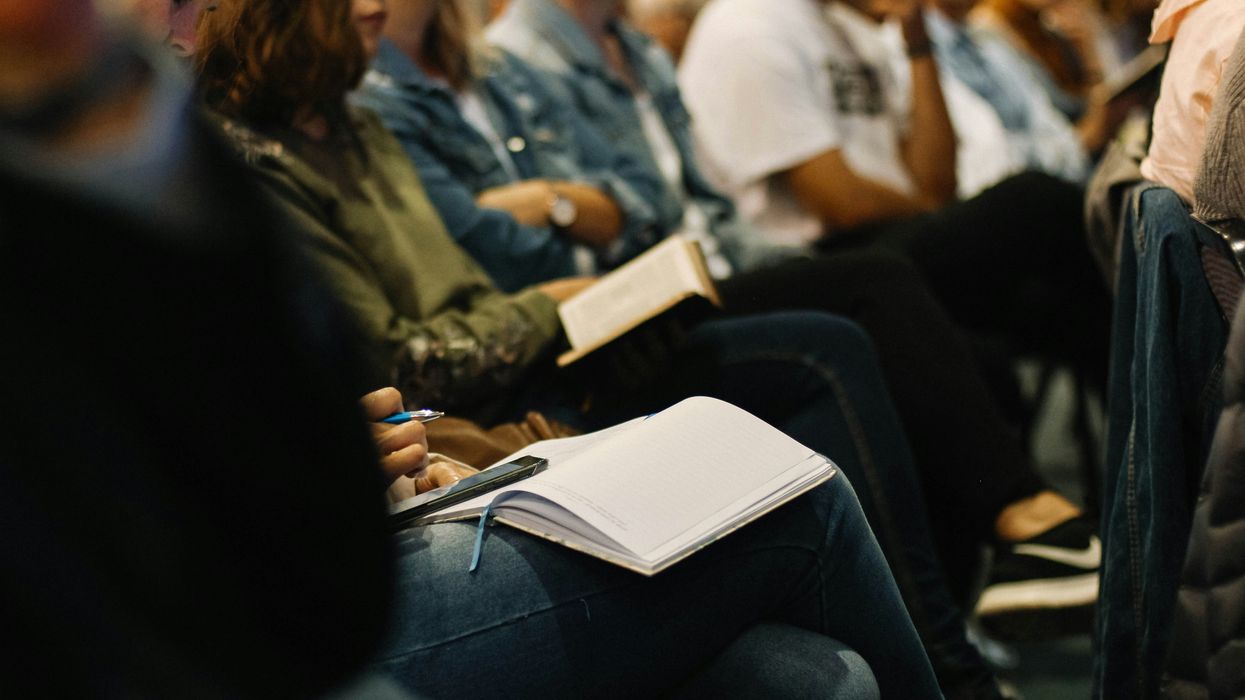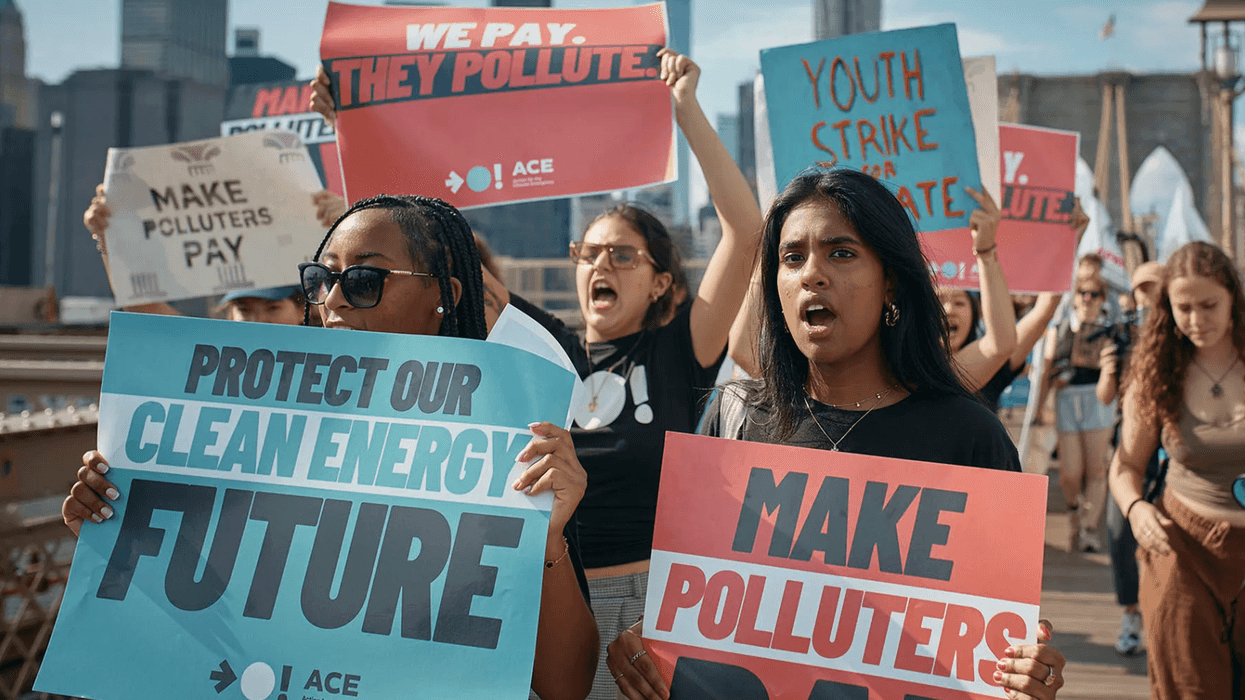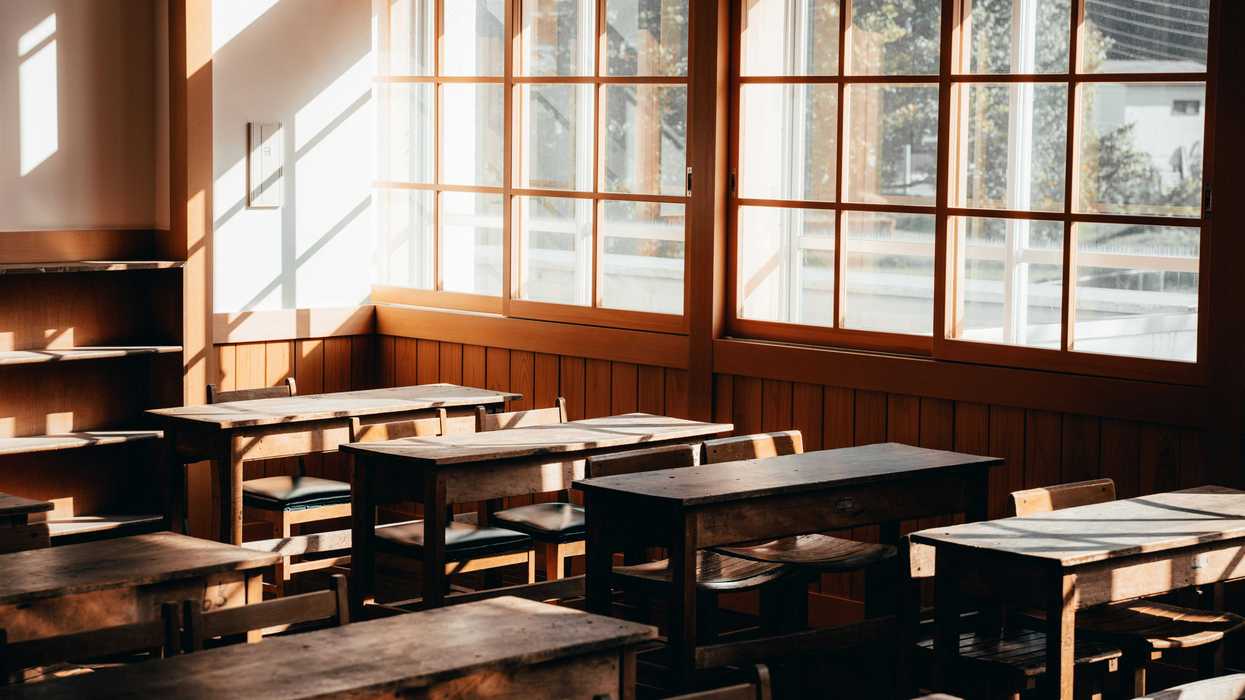The Fulcrum is committed to nurturing the next generation of journalists.
As part of our NextGen initiative, we are proud to introduce you to the cohorts of the first-ever Fulcrum Fellowship. This 10-week immersive program trains students from across the country in solutions journalism and complicating the narrative techniques to produce stories that counter the one-dimensional narratives too common in mainstream media.
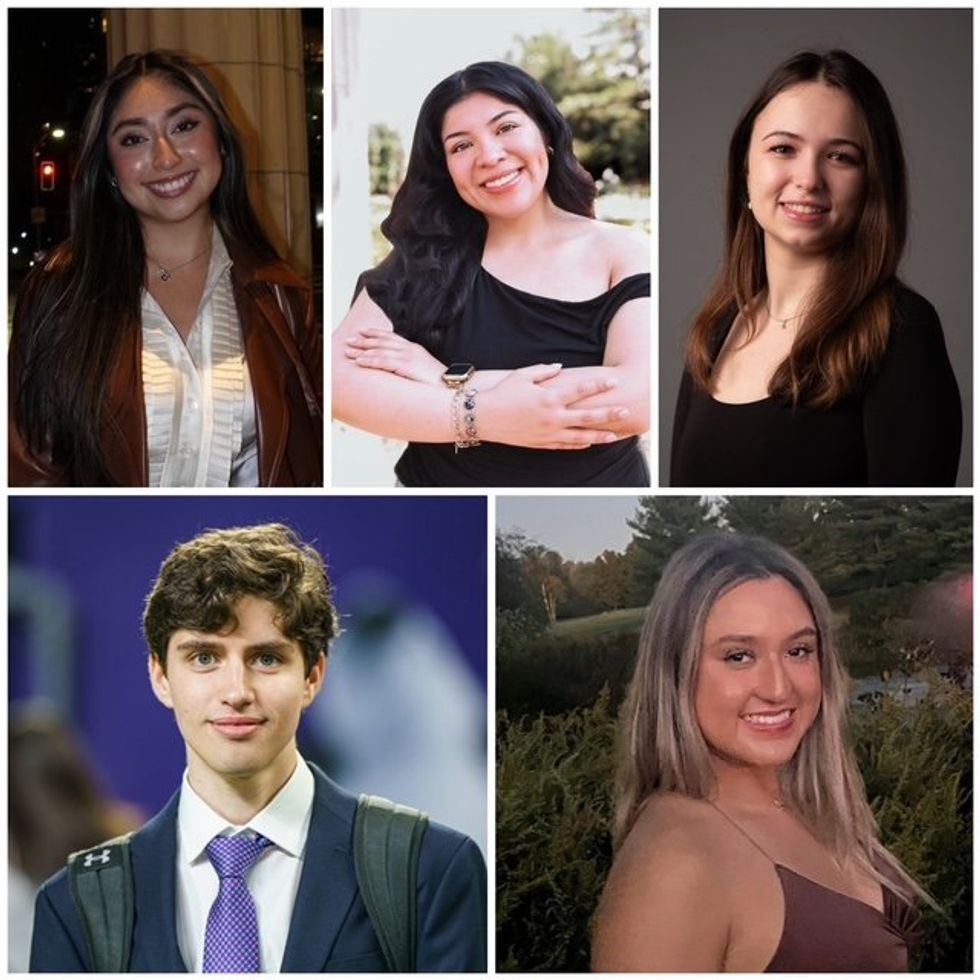 From top left to right and then clockwise: Lluvia Chavez, Roselyn Gonzalez, Layla Halilbasic, Nathaly Suquinagua, Jared Tucker
From top left to right and then clockwise: Lluvia Chavez, Roselyn Gonzalez, Layla Halilbasic, Nathaly Suquinagua, Jared Tucker
LLuvia Chavez is a Mexican-American bilingual journalist dedicated to amplifying the stories of underrepresented communities. With a passion for writing about Latinos and a commitment to inclusive storytelling. Lluvia has also explored narratives beyond their own community, covering topics such as the Black experience in Seattle and socializing culture in León, Spain. Through empathy-driven and authentic reporting, she strives to elevate overlooked voices and contribute to a more diverse and representative media landscape."
Roselyn Gonzalez is a recent graduate of the University of Nebraska–Lincoln with over three years of experience in multimedia journalism. She’s a passionate photographer and politics enthusiast, and most of her time is spent behind a lens or reading up on public policy. Her work focuses on stories about social issues, civic engagement, and underrepresented voices.
Layla Halilbasic is an incoming junior at Webster University in St. Louis, majoring in journalism and pursuing certification as a paralegal. With a drive to understand others and uplift underrepresented voices, Layla is dedicated to telling stories that bridge local and global perspectives through solutions journalism. She served as senior editor for the Ampersand, Webster’s student-produced magazine, and is a staff writer for The Journal, the university’s student-run newspaper.
Nathaly Suquinagua is a bilingual multimedia journalist with a B.A. in Journalism and a minor in Dance from Temple University. She has reported for Billy Penn/WHYY, NJ Urban News, The Philadelphia Inquirer, and Slice of Culture, covering community, culture, social issues, and public interest stories. As a first-generation Hispanic journalist, she’s dedicated to telling underrepresented stories with depth and cultural nuance.
Jared Tucker is a sophomore at the University of Washington — Seattle studying Journalism and Public Interest Communication with a minor in History. Jared is Co-Sports Editor for The Daily UW, the student newspaper of the University of Washington, where he covers UW football and has written over 80 stories about a wide range of UW athletic events, athletes, and news.
Their first assignment is to share their thoughts on what democracy means to them and their perspective on its current health.
Please help the Fulcrum in its mission by donating HERE!
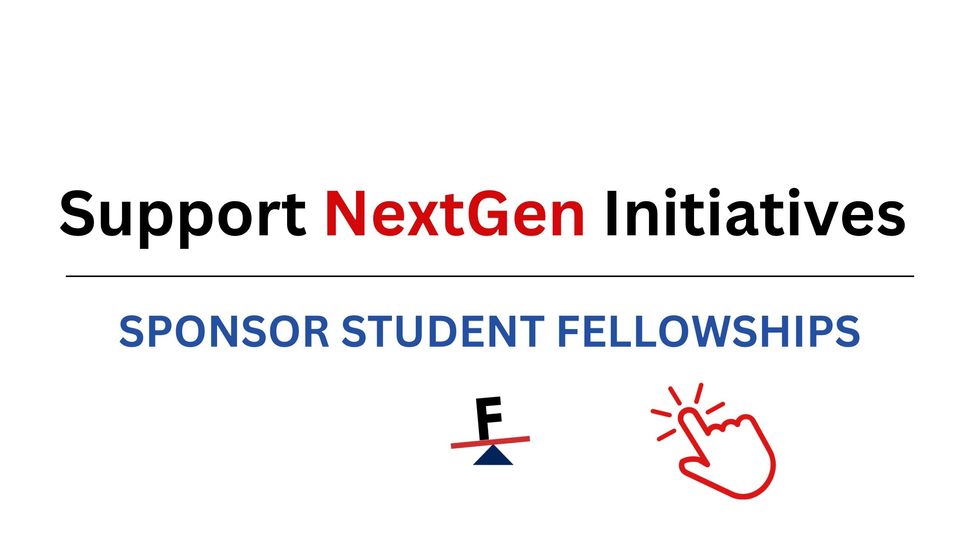
Hugo Balta is the executive editor of the Fulcrum. He leads Fulcrum's NextGen initiatives. Balta is also the publisher of the Latino News Network and the only person to serve twice as president of the National Association of Hispanic Journalists (NAHJ).




